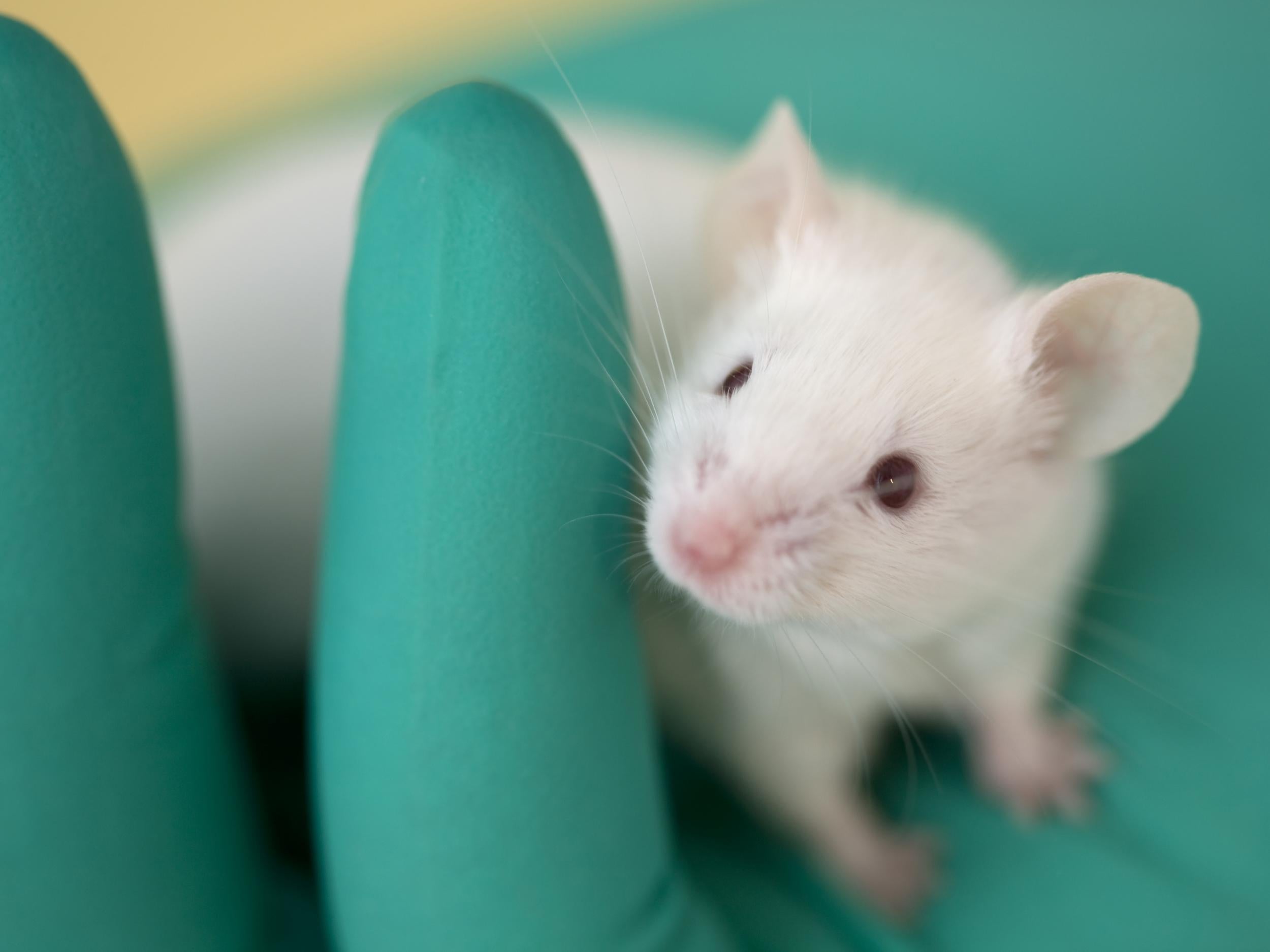Cannabis 'could reverse ageing process' after THC found to improve memory and learning in older mice
Small-scale study on humans aged 60 to 70 planned for later this year
Your support helps us to tell the story
From reproductive rights to climate change to Big Tech, The Independent is on the ground when the story is developing. Whether it's investigating the financials of Elon Musk's pro-Trump PAC or producing our latest documentary, 'The A Word', which shines a light on the American women fighting for reproductive rights, we know how important it is to parse out the facts from the messaging.
At such a critical moment in US history, we need reporters on the ground. Your donation allows us to keep sending journalists to speak to both sides of the story.
The Independent is trusted by Americans across the entire political spectrum. And unlike many other quality news outlets, we choose not to lock Americans out of our reporting and analysis with paywalls. We believe quality journalism should be available to everyone, paid for by those who can afford it.
Your support makes all the difference.The chemical in cannabis that makes people feel ‘high’ appears to improve learning and memory in older mice, a new study has found – with similar tests on humans planned for later this year.
Researchers gave a low dose of tetrahydrocannabinol (THC) to mice of different ages as part of a new study investigating the brain systems involved in the ageing process.
They tested the rodents’ memory and found that after the old mice received THC, their powers of recollection matched those of young mice who had not been given anything.
Andras Bilkei-Gorzo, who led the study published in the journal Nature Medicine, said he is now organising a small-scale study of around 100 volunteers aged 60 to 70 to find out if similar effects are seen in humans.
“THC restored the cognitive ability of the old mice to the level of the young ones,” he told The Independent.
With age, the brain’s endocannabinoid system, which affects mood, memory and sensations such as pain and is also receptive to marijuana compounds, “actively declines,” he said. “Giving THC artificially activates the system in the old [mice]. It can restore signalling to a normal level.”
However, when the young mice were given THC, they performed the memory task less well than those who did not receive the compound.
“If you do the very same treatment, with the same dosage, to young mice, you overdrive the whole system,” said Dr Bilkei-Gorzo. “It’s at a much higher level than it should be.”
Physciatrist Michael Bloomfield, from University College London, said the”well-conducted” study was “exciting” as it “opens up a whole new chemical system, called the endocannabinoid system, as a potential target for new avenues of research which could include illnesses like dementia.”

“However, we are still in very early days and further research is needed. This is because THC produces very complicated and sometimes seemingly opposite effects depending on, for example, its dose, age of the person or animal, how often the drug is administered and species differences in all of the above," he said.
"This means that the possibility of doctors potentially prescribing, cannabis THC or similar compounds for memory problems in older people is still a long way off.”
Dr Bilkei-Gorzo and his team at the University of Bonn in Germany tested the effects of THC in mice aged two months, 12 months and 18 months.
In one of the three cognitive tests used in the study, they gave the mice the choice of interacting with an object or another mouse, which they usually find “much more interesting,” choosing to spend 70 per cent of their time in the cage with the other animal.
Then, 24 hours later, the scientists put the mice back in the same place, and give them the choice of interacting with the mouse they met before, or a completely new mous.
“Does the animal remember it saw the animal before, and spend more time with the new one? If it can’t remember, it spends half of its time with the new one and half of its time with the older one,” said Dr Bilkei-Gorzo.
“That’s what we saw in the old animals – a day after they first met the other mouse, they couldn’t distinguish between the old and new one. The young ones have no difficulty; they do distinguish and they spend more time with the new one.”
However, when the old mice were given THC, they improved at recognising the mouse they had already met, to the same level as the young mice.
While it would be “fantastic” if clinical studies on humans were to see similar positive results, Dr Bilkei-Gorzo said he did not recommend taking up smoking cannabis.
“If everyone over 60 starts to smoke marijuana, it probably wouldn’t have a good outcome,” he said, with a slight giggle. “It’s a real danger, because we know that everything depends on the dosage and the age that you start.”
Dr Doug Brown, Director of Research at Alzheimer’s Society, said: “This study shows that a component of cannabis, called THC, could have a beneficial effect on memory and learning in older mice.
“Though an interesting finding, the study does not shed light on the effect of THC on people with dementia, as it only looked at age-related memory decline in mice.
“The study also does not reveal anything about the effect of cannabis on dementia, or memory problems in old age, as THC is only one of many chemicals that make up cannabis, and we don’t know what effects the other chemicals might have.“

Join our commenting forum
Join thought-provoking conversations, follow other Independent readers and see their replies
Comments